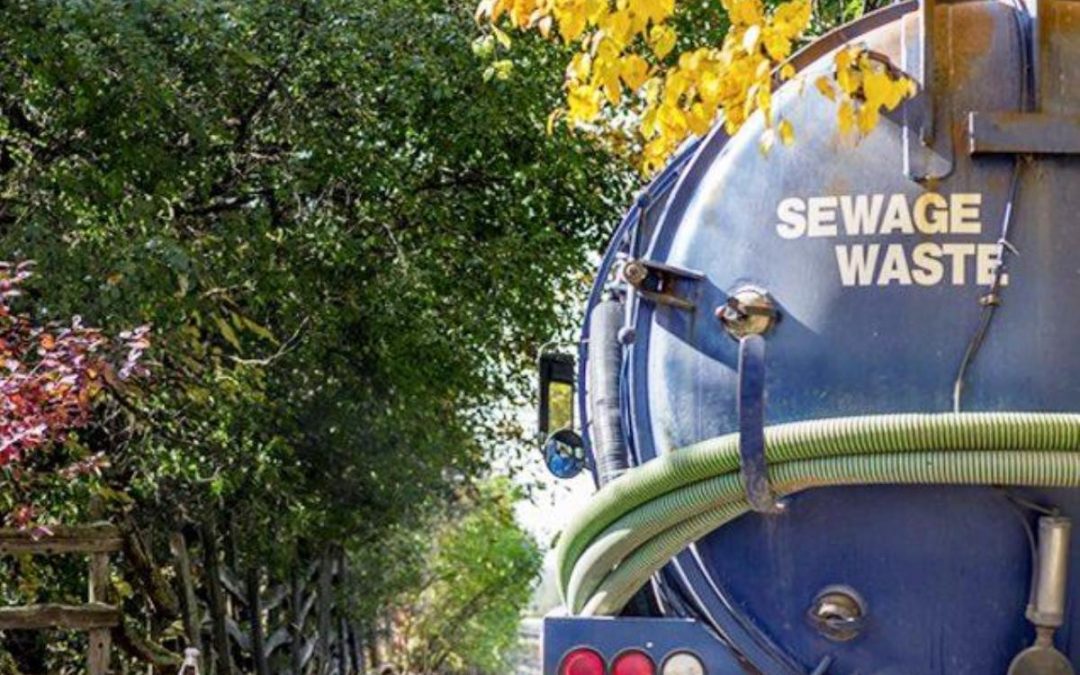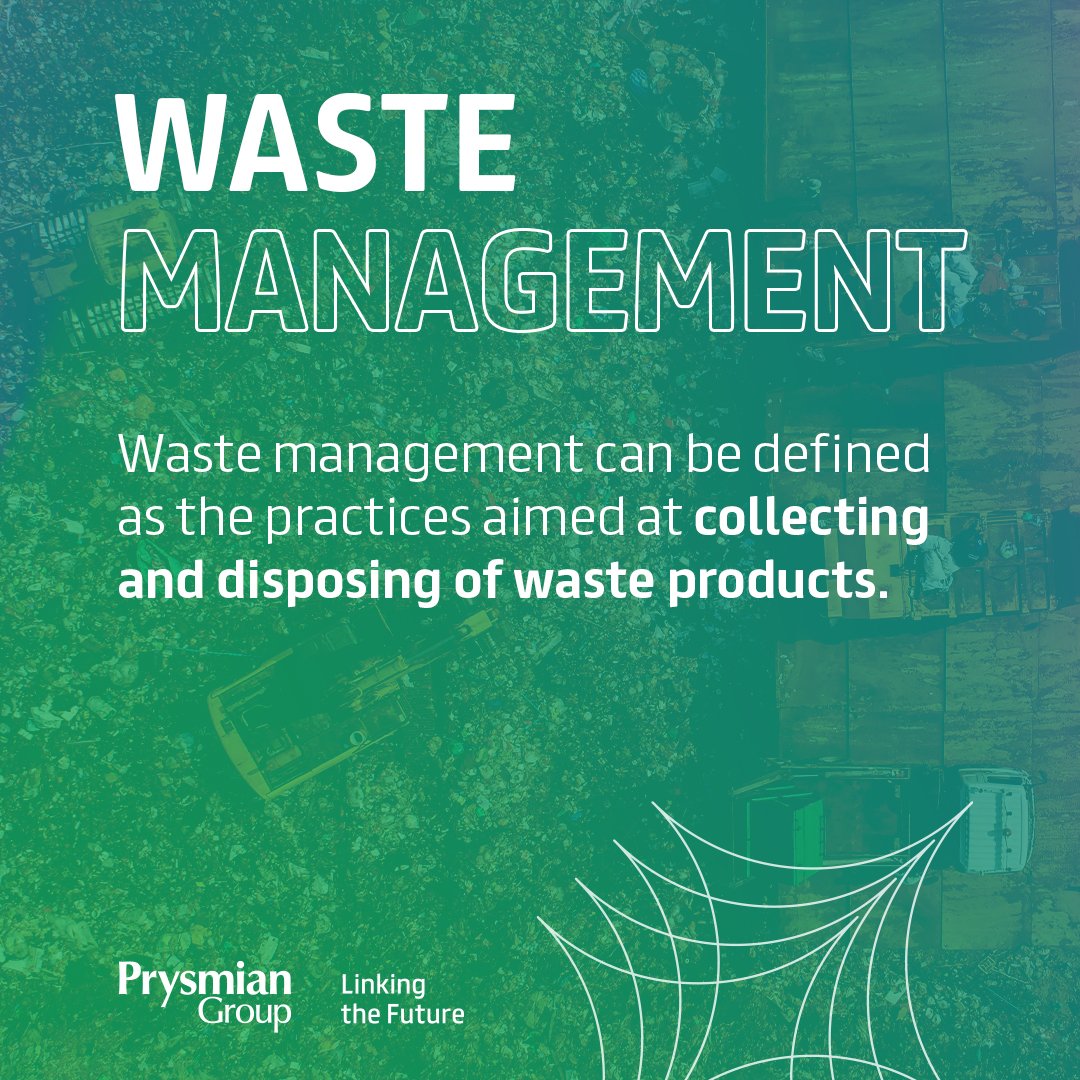The 7-Minute Rule for Reclaim Waste
The 7-Minute Rule for Reclaim Waste
Blog Article
The 3-Minute Rule for Reclaim Waste
Table of ContentsThe Greatest Guide To Reclaim WasteThe Only Guide to Reclaim WasteMore About Reclaim WasteReclaim Waste for DummiesThe smart Trick of Reclaim Waste That Nobody is Talking About
Explore the kinds, incidents, and forms of fluid waste. Domestic sewer waste refers to the waste and products from a household sewage-disposal tank. This sort of waste is developed by people in houses, colleges, and other structures. This only includes septic systems that have a drain area. The proper monitoring and disposal of domestic sewer waste require fluid waste to be transferred to a sewage therapy plant where the proper approaches and equipment are related to purify and get rid of waste.
Commercial waste commonly consists of potential dangers, such as combustible products or a mixture of liquid and strong waste items, and requires an advanced and detailed disposal process. The disposal of industrial waste commonly involves the filtration of waste before transport to make certain secure and proper disposal. Industrial waste is produced from by-products and overflow of commercial procedures and manufacturing.
This type of waste can not make use of the same sewage management transportation or processes as septic or business fluids. The commercial waste monitoring process calls for the inspection and screening of fluid waste prior to it goes through the disposal procedure (liquid waste disposal melbourne). Runoff waste is the liquid waste that comes from runoff and excess stormwater in highly populated areas or cities
Runoff waste can cause contamination and flooding if not dealt with appropriately. Discover more about sewer cleansing and waste monitoring. Ensuring correct waste management can avoid catastrophes and minimize environmental damage. Both individuals in household setups and specialists in commercial or manufacturing sectors can profit from comprehending the processes and regulations of fluid waste monitoring.
8 Easy Facts About Reclaim Waste Explained
Get in touch with PROS Solutions today to find out about our waste monitoring and disposal services and the correct means to care for the liquid waste you generate.
(https://anotepad.com/note/read/pkncyr85)Do you know what happens to your water when you disengage, flush the commode or drain the washing equipment? No? Well, it's worth understanding. This supposed 'wastewater' is not just a vital source however, after treatment, will certainly be released to our land, waterways or the ocean. Utilized water from commodes, showers, baths, cooking area sinks, laundries and industrial processes is called wastewater.

water utilized to cool machinery or tidy plant and devices). Stormwater, a type of wastewater, is overflow that moves from farming and city areas such as roofings, parks, gardens, roads, courses and rain gutters into stormwater drains, after rainfall. Stormwater moves neglected straight to regional creeks or rivers, at some point getting to the ocean.
The Definitive Guide for Reclaim Waste
In Queensland, most wastewater is treated at sewage treatment plants. Wastewater is carried from residential or commercial websites with a system of sewage systems and pump stations, called sewage reticulation, to a sewage treatment plant. Regional federal governments construct, keep and run most sewer treatment plants. Operators are licensed under the Environmental Management Act 1994 to discharge treated wastewater at an acceptable environmental standard right into rivers.
The Department of Natural Resources encourages regional governments about handling, operating and preserving sewerage systems and treatment plants. In unsewered locations, city governments may call for owners to set up individual or household sewer treatment systems to treat residential wastewater from bathrooms, kitchen areas, restrooms and laundries. The Division of Natural Resources authorizes the usage of household systems when they are confirmed to be reliable.
In some brand-new neighborhoods, therapy of some stormwater to remove clutter, sand and gravel has actually begun making use of gross pollutant catches. Wastewater treatment happens in 4 stages: Gets rid of solid issue.
Wastewater then streams right into big containers where solids settle and are gotten rid of as sludge. Grease and scum are skimmed from the surface area. Makes use of small living microorganisms called micro-organisms to break down and eliminate remaining dissolved wastes and fine fragments. Micro-organisms and wastes are incorporated in the sludge. Removes nitrogen and phosphorus nutrients that can trigger algal flowers in our waterways and endanger aquatic life.
The smart Trick of Reclaim Waste That Nobody is Discussing
Nutrient removal is not readily available at all sewer treatment plants due to the fact useful site that it calls for expensive specialised tools. Clear liquid effluent generated after therapy might still contain disease-causing micro-organisms - liquid waste disposal melbourne.

Many wastewater moves into the sewage system. Under the Act, neighborhood governments provide authorizations and permits for ecologically appropriate activities (ERAs) involving wastewater launches that might have a local influence.
Not known Factual Statements About Reclaim Waste
Surveillance supplies accurate information concerning water top quality and can validate that licence problems are being fulfilled. The information gotten with surveillance gives the basis for making water high quality decisions.
Report this page